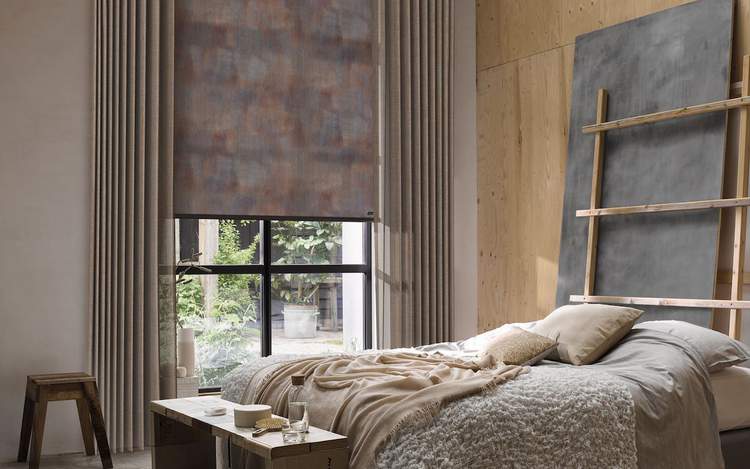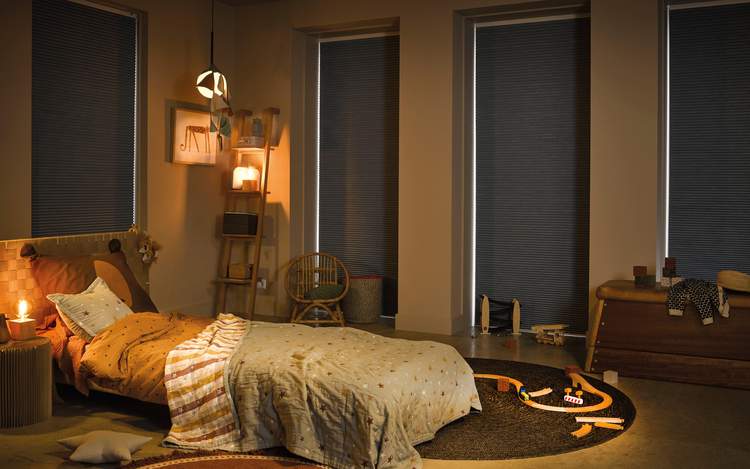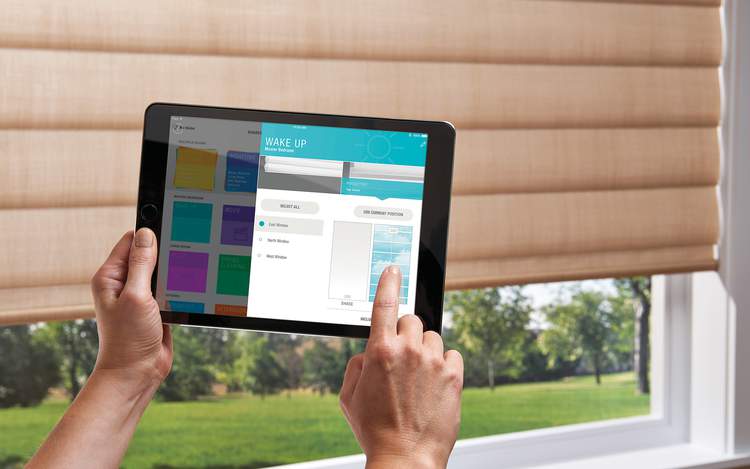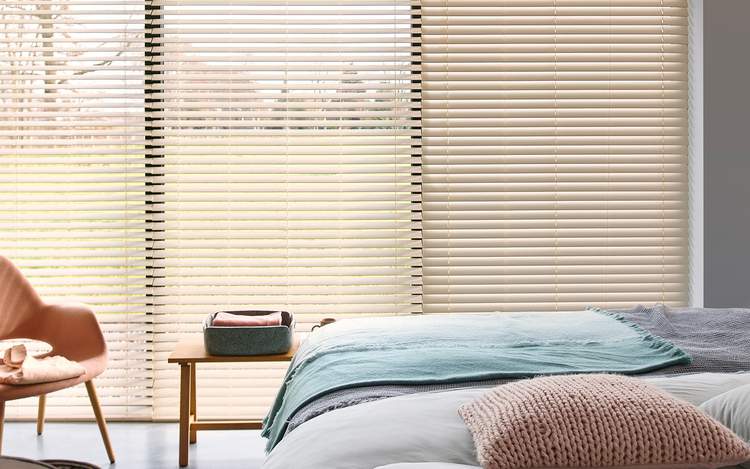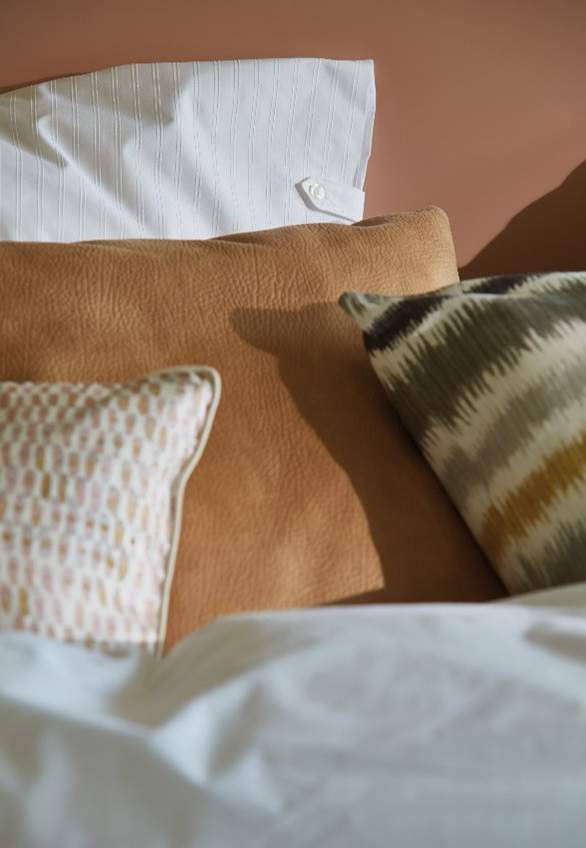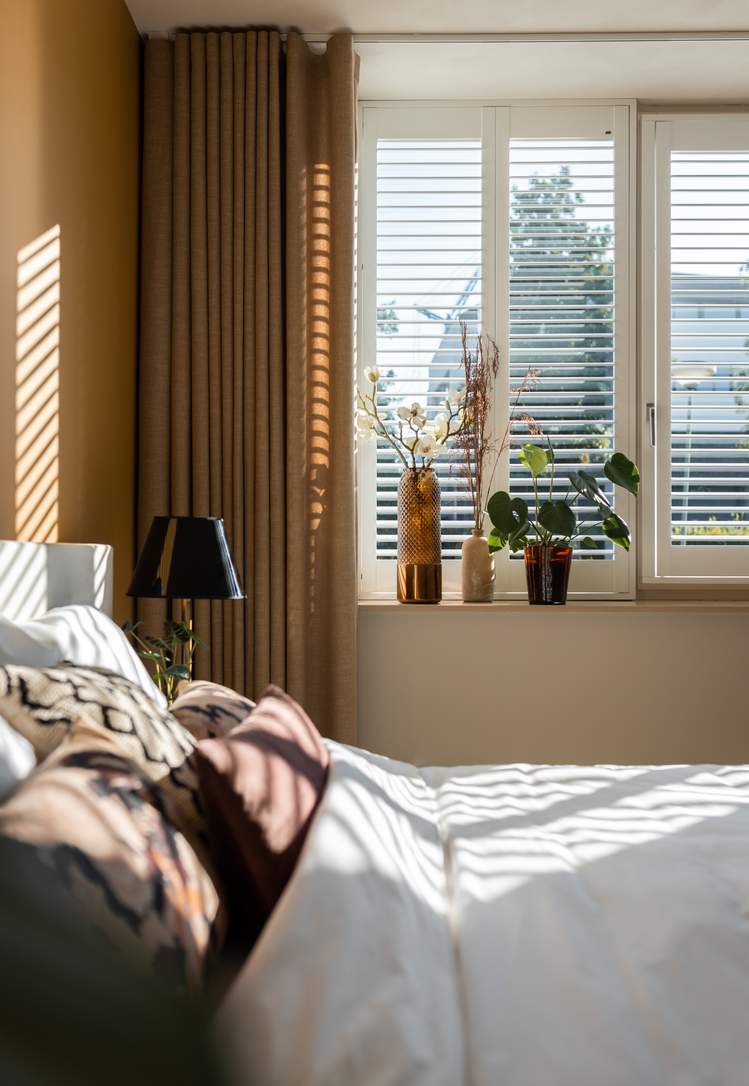Amy Gallagher, Senior Sleep Physiologist at Cromwell Hospital says: "Your body goes through a series of changes in preparation for sleep. When it gets dark, you start producing more melatonin -- this is a sleep hormone that makes you feel relaxed and tired. At the same time your core temperature also decreases."
For deep and long-lasting sleep, the Sleep Charity advises that it should be dark enough that you shouldn't be able to see the other side of the bedroom!
"Light and dark are strong cues in telling your body when it's time to wake up or go to sleep.
"When it's dark, we release melatonin (the hormone that helps regulate the body's circadian rhythm), which relaxes the body and helps us to drift off. It's no surprise that many of us struggle to adjust to a new sleeping pattern during British Summer Time! When we see light, our bodies assume it's time to be awake and alert which is why artificial light in an evening disrupts our circadian rhythms - making us feel less sleepy.
"Even when you're sleeping, light can be detected through your eyelids, so we need darkness to stay fast asleep."
